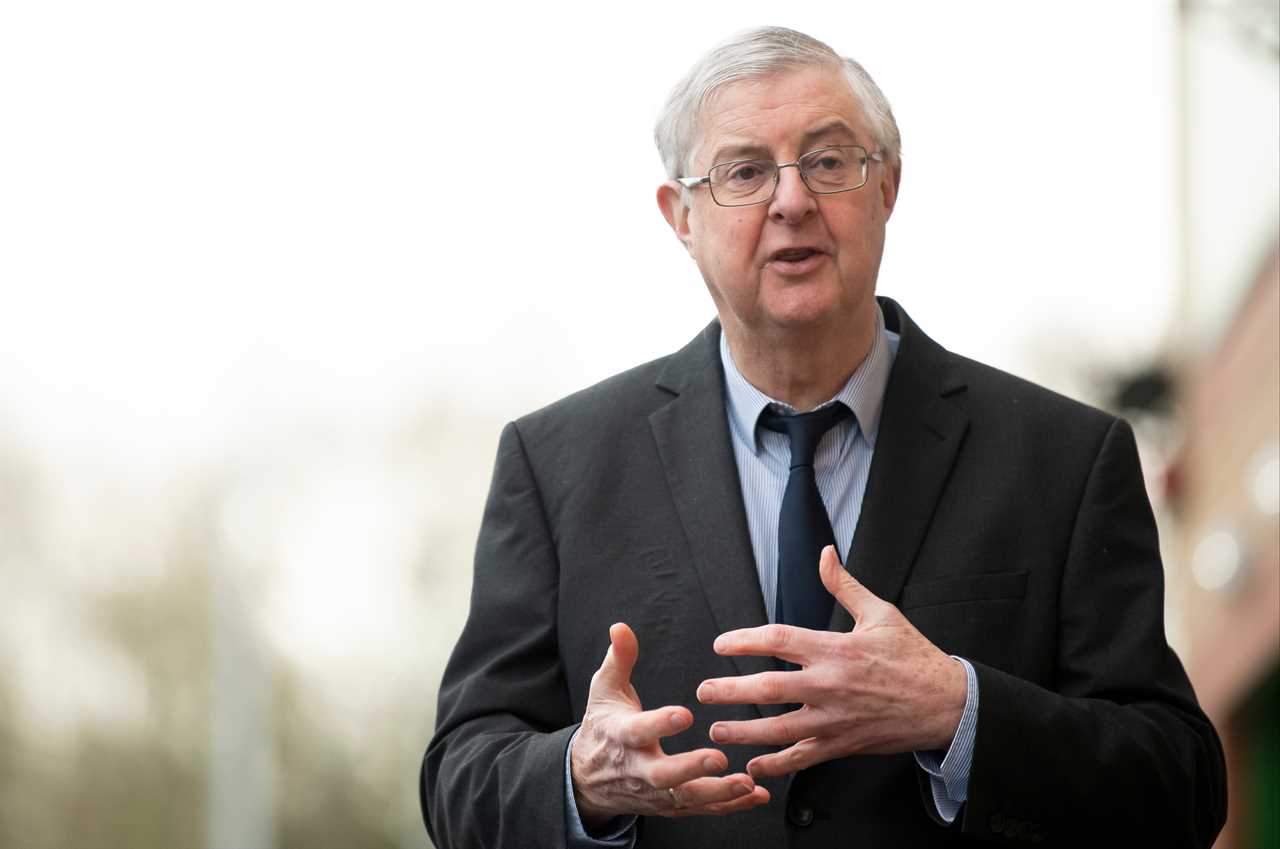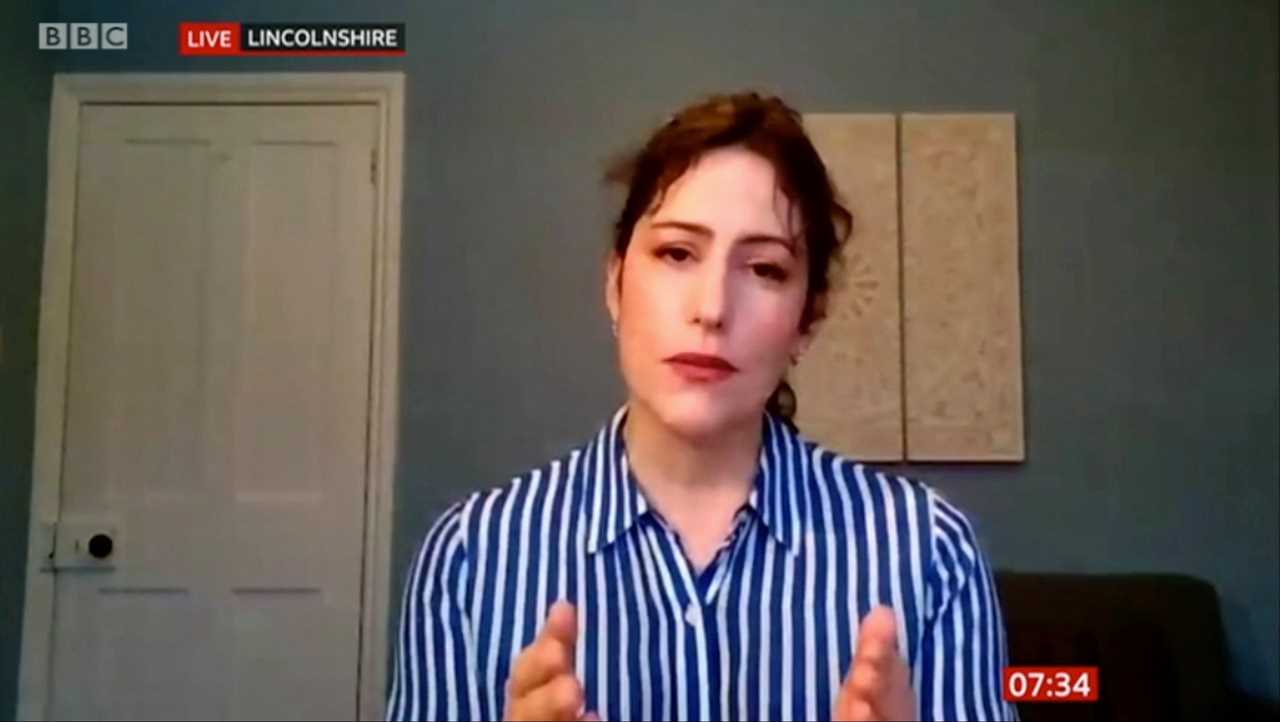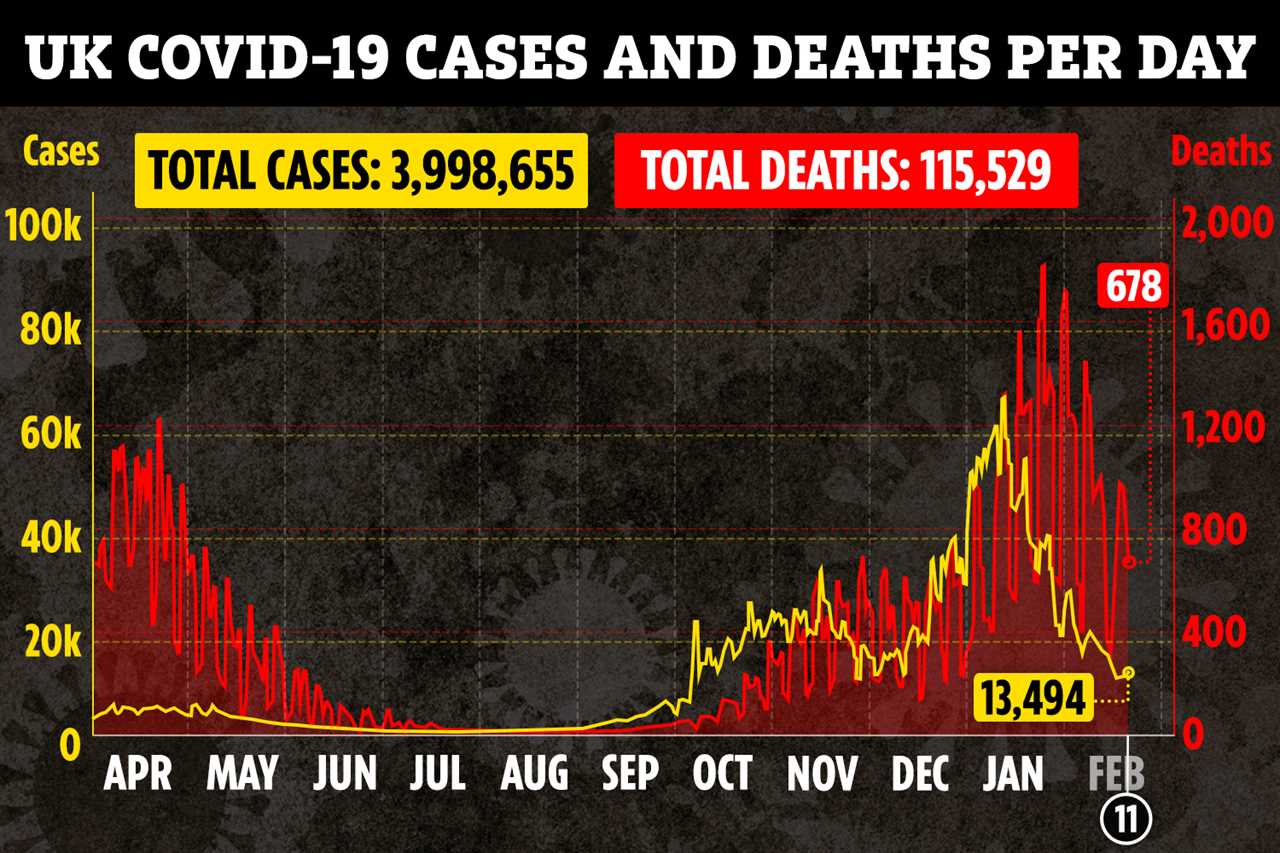BRITS could enjoy be enjoying holidays in Wales as early as April, the country’s First Minister declared today.
Mark Drakeford revealed he’s talking to hotel, pub, and restaurant bosses about a “cautious” reopening in time for Easter.

Read our coronavirus live blog for the latest news & updates

He told BBC Breakfast: “Here in Wales numbers of people infected with Coronavirus continue to go down.
“If that can be sustained over the weeks to come then we can see a pathway into the Spring in which we will be able to restore freedoms to people that they’ve had to go without while we’ve been in this second wave.
“We’ve got Easter at the beginning of April this year, it’s always a very important moment for our tourism and hospitality industry.
“We’re talking with them about what might be possible around the Easter period, but it’s all very much caveated that the current progress that’s being made can continue and that in a careful and cautious way we look to reopen things.
“Those are amongst the dates we’re using in our conversations with businesses and workers here in Wales.”
Mr Drakeford said much would depend on whether any new variants of Coronavirus from abroad set back vaccination efforts.
He insisted any reopening of society must be done in a careful way so “we don’t allow the virus to get away from us again”.
The First Minister was speaking after Wales hit its target of offering coronavirus vaccines to everyone in its first four priority groups.
He said the milestone is a “truly phenomenal effort” which has so far seen 684,097 people receive their first dose.


England is set to pass the same landmark by Monday, and will then aim to jab all over 50s by the end of April.
Mr Drakeford’s comments will give encouragement to lockdown-skeptic Tory MPs who are pressuring the PM to ease restrictions.
Boris Johnson is set to unveil a roadmap for ending the current lockdown in a major speech on February 22.
His plan is set to include the reopening of schools on March 8 and allow for outside drinking and dining in May.
But there is still chaos over whether Brits should book holidays this summer, either at home or abroad.
Health Secretary Matt Hancock has already planned a trip to Cornwall, but Transport Secretary Grant Shapps says people shouldn’t be thinking about a getaway.
Today the Home Office minister Victoria Atkins said she hasn’t booked a break because “I haven’t had time and obviously I’ve been following very carefully the guidance”.
And she also said any rolling back of restrictions will only happen “step by step”.
She told Sky News: “Of course we want to move out of lockdown, but we’ve got to do it at a safe pace.
“We’ve got to ensure we don’t put at risk all the hard work we’ve put into place over January and previous months.
“We want to look at schools. March 8 will be date I suspect parents across the country will be watching with bated breath.
“That’s the date we’ve said if we can, if the data allows it, we’re going to start unlocking schools and so from that many, many things will flow.”
And she insisted the PM will balance out doom-laden warnings from scientists with the needs of the economy, which shrunk by a record 9.9% last year.
She said: “Whilst the scientists medics are concentrating on the medical repercussions of this pandemic, the PM has this very difficult balancing act of keeping us all united in wanting to stick to the rules, but also an eye on the economy.
“It’s right that we should set out a roadmap. People need to have some idea of what they can expect over the coming months and of course part of that is looking at the impact on the economy but also critical services such as schools.
“We have to give the public some idea of where we’re going with this.”
Mr Johnson is under growing pressure from his own MPs, including members of the Covid Recovery Group, to plot a way out of the lockdown.
But scientists advising the Government have warned that reopening schools alone will push the R-rate back above 1 and insist curbs on normal life will be needed until Christmas.
Sage expert Sir Jeremy Farrar said Covid infections must be cut from the current 750,000 to just 9,000 “before we can think about lifting restrictions”.






